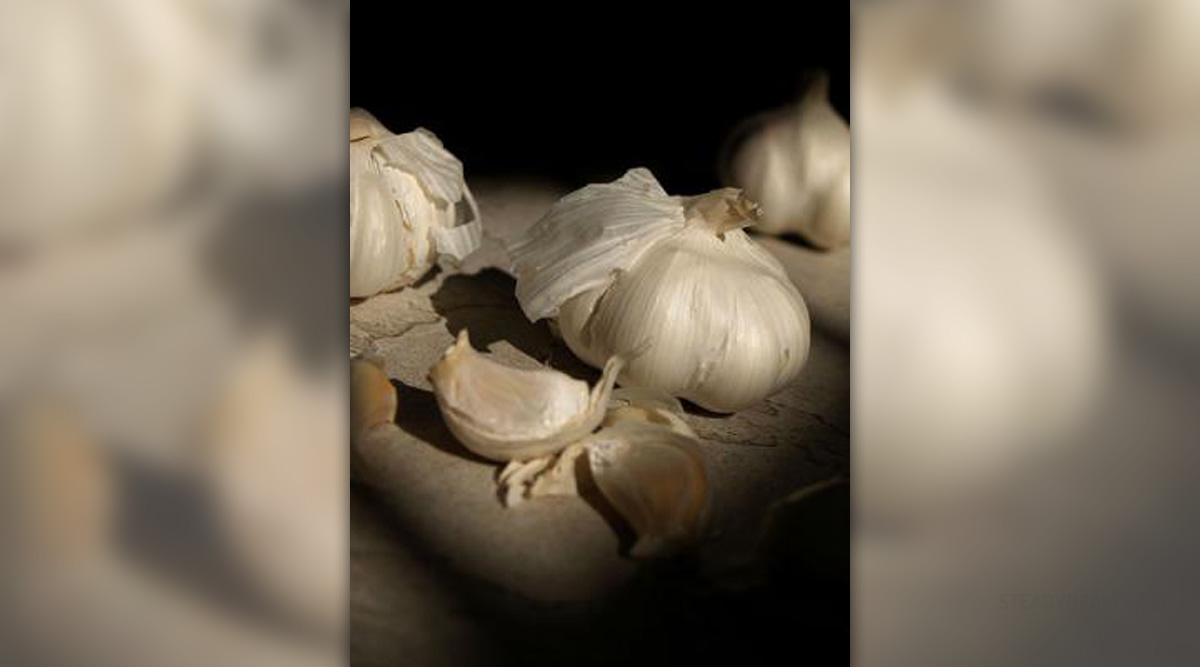
Ginger
Ginger has been used for centuries as food and medicine. Chinese records dating from the 4th century BC, referred that ginger is effective in treating nausea, abdominal pain, toothache, bleeding, and rheumatism. Confucius has been taking ginger for health and strength while European monarchs attributed a variety of aphrodisiac properties to it . In the 16th century ginger was used as a natural weapon against the plague. In India, yellow ginger is used in traditional Ayurvedic treatment for digestion improving, treatment of heart disease and wound healing.Fresh ginger is used in preparing both savory and sweet dishes, giving a bitter and refreshing aroma.
Active agents which are contained in ginger have the analgesic, sedative, antipyretic and antibacterial effects. One of the ginger's ingredients is yellow pigment curcumin. Most of curcumin remains in the digestive tract where, as it turned out, protects against polyps and colon cancer.
Medical researches have shown that ginger root is effective in relieving nausea and vomiting caused by various conditions and diseases, so Chinese women traditionally eat ginger root to prevent morning sickness in the first months of pregnancy. It is also proven its positive effect on improving digestion by enhancing the production of saliva, digestive juices and bile. Ginger is also used as an aid in the prevention of flatulence.
Asian medicine uses ginger to treat colds and ease breathing. It is believed that ginger enhances the contractions of the heart, prevents the formation of blood clots, lowers cholesterol, acts anti-inflammatory and stimulates the immune system. If ginger is taken regularly it repels chronic fatigue and improves memory. Because of its stimulating properties it is not advisable to take ginger before bedtime because it can cause insomnia.
A standard daily amount of ginger powder is 1-4 g, divided in 2-4 doses a day. It is important to emphasize that there is no evidence of any side effects if ginger is used in normal quantities.
Garlic
National experience and scientific researches confirmed that garlic acts against bacteria, fungi and parasites, reduces fat in the blood, preventing the constriction of blood vessels (atherosclerosis).Garlic prevents the development of cardiovascular disease, by reducing elevated cholesterol - increased LDL-bad cholesterol. It also reduces blood cells conglutination, prevents thrombus formation and lowers the increased blood pressure.
Besides that, garlic effects on the reduction of two other markers of cardiovascular disease - homocysteine and C-reactive protein.
Garlic prevents and treats cold, and its effectiveness in cold treating is scientifically verified. Garlic increases the defensive capabilities of the organism and helps the body to fight various triggers of the disease.
Some laboratories' studies confirmed that garlic has an anticancer effect.
It also shows antiparasitic effect if it is applied in large quantities.
Fresh garlic contains allicin, which has antibacterial, antiviral and antifungal activity. Garlic is best known for its antibacterial (destroys bacteria), anti-hyper-lipid (lowers blood fat levels) and antiplatelet (prevents thrombus ) effect. Fresh garlic has proven as effective in combating E coli strains, methicillin-resistant Staph aureus, Salmonella enteritidis and Candida albicans in the laboratory conditions.


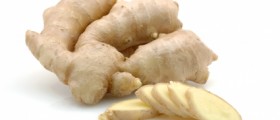





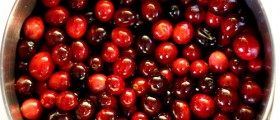
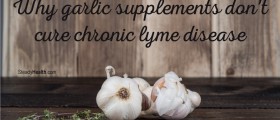

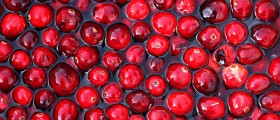
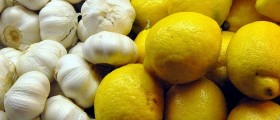

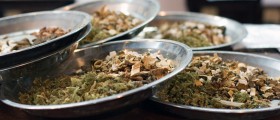
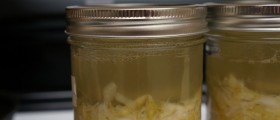
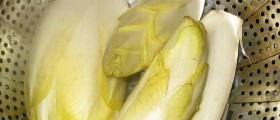
Your thoughts on this
Loading...